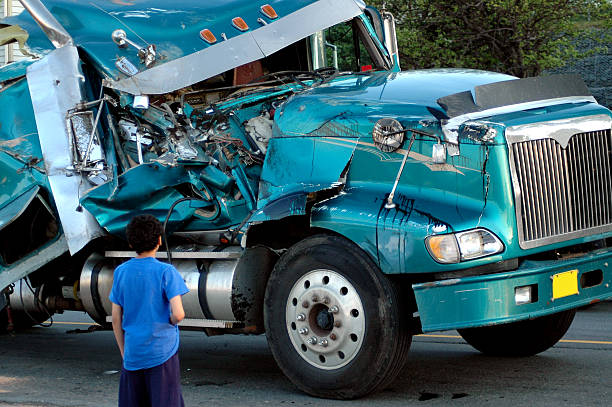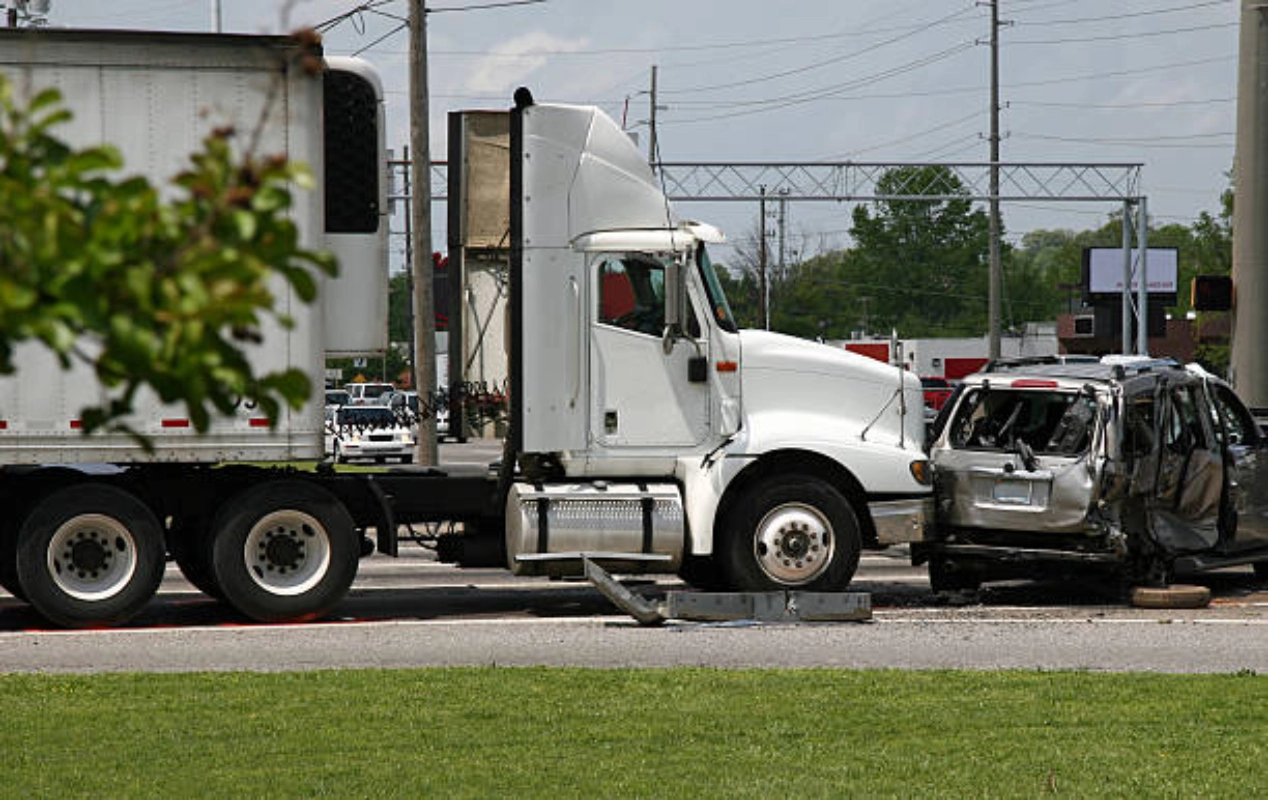Truck accidents are often catastrophic due to the size and weight of commercial vehicles. Victims may face physical injuries, emotional trauma, and significant financial burdens. Understanding
how to file a claim after a truck accident is crucial for securing the compensation you deserve. This guide outlines essential steps, common pitfalls, and your legal rights to help you confidently navigate the claims process.
Why Filing a Claim Matters
Filing a claim isn’t just about recovering money—it’s about asserting your rights. After a truck accident, victims often face:
- High medical bills
- Loss of income
- Costly vehicle repairs
- Pain and emotional suffering
A claim ensures the
responsible party is held accountable and helps you recover these losses. In many cases, truck accidents involve serious or long-term injuries, making compensation essential for future care and stability.
⏰
Important: Every state has a statute of limitations, so filing your claim promptly is critical. Missing this deadline could prevent you from recovering damages.

Ready to connect with top legal professionals? Get immediate support— Call us at 877-550-8911.
Connect with Our Legal Team
Step 1: Gather Essential Information
Your ability to file a successful claim depends on the quality of evidence. Right after the accident, do the following:
- Photograph the accident scene, vehicles, road conditions, and injuries
- Exchange contact details with the truck driver and witnesses
- Collect insurance details and note the trucking company’s name
- Get a police report, which can serve as an objective account
The more documentation you gather, the stronger your case becomes.
Step 2: Determine Liability
Truck accident claims are often more complex than regular car accidents because they can involve multiple liable parties, including:
- The truck driver (e.g., for reckless driving or DUI)
- The trucking company (e.g., for poor maintenance or improper hiring)
- The cargo loaders (e.g., if an unbalanced load caused the crash)
- Manufacturers (e.g., if faulty equipment contributed to the accident)
Properly identifying the responsible parties requires investigating the accident thoroughly. A personal injury attorney with truck accident experience can help assess liability.
➡️
Internal Resource:
LegalCaseReview.com offers expert evaluations to determine liability and strengthen your claim.
Step 3: Understand the Insurance Landscape
Truck drivers and companies typically carry
commercial insurance policies, which differ from standard auto policies in coverage and complexity. Here’s what you should do:
- Review your own insurance policy to understand what coverage you have.
- Notify your insurance company as soon as possible.
- Document all communications with insurers, including emails and call logs.
Commercial insurers often try to minimize payouts. Having strong documentation and legal support increases your chances of a fair settlement.
📚
Helpful Resource:
NHTSA.gov provides data on truck accidents and safety regulations that may support your case.
Step 4: File the Claim – A Step-by-Step Guide
Here’s a quick overview of how to file a truck accident claim:
- Report the accident to your insurance provider immediately.
- Submit documentation (police reports, photos, medical bills, etc.).
- Request a claim form or complete one online through the insurer’s portal.
- Include a demand letter if seeking a specific settlement amount.
- Follow up regularly to check the status of your claim.
Depending on the case, you may also file a third-party claim against the truck driver or company.
Step 5: Avoid These Common Mistakes
When dealing with truck accident claims, avoid the following:
🚫
Delaying medical treatment – This weakens your case and endangers your health.
🚫
Failing to gather evidence – Missing or poor-quality documentation can be fatal to your claim.
🚫
Talking to insurers without legal advice – Insurers may twist your words to reduce payouts.
🚫
Accepting the first settlement offer – It’s often much lower than you deserve.
Hiring an attorney ensures you don’t fall into these traps.
 Step 6: What Happens After You File?
Step 6: What Happens After You File?
Once your claim is submitted, here’s what typically happens:
- The insurance company investigates the accident.
- They may request additional documentation like medical records.
- A settlement offer is made, or the claim is denied.
- You may accept, negotiate, or appeal the decision.
The process can take
weeks or even months, especially if multiple parties are involved. Having legal representation can expedite the process and improve your outcome.
Frequently Asked Questions (FAQs)
Q1: How long do I have to file a truck accident claim?
A: The statute of limitations varies by state, but it’s typically
2 to 3 years. Always file as soon as possible to avoid missing the deadline.
Q2: What if the truck driver was working at the time of the accident?
A: If the driver was on duty, the
employer or trucking company may be liable under “vicarious liability” laws.
Q3: Can I still file a claim if I was partially at fault?
A: Yes. Many states follow
comparative negligence rules, allowing you to recover damages even if you share some fault—though your compensation may be reduced.
Q4: Should I speak to the insurance company without a lawyer?
A: It’s not recommended. Insurance companies aim to minimize payouts. A lawyer will help
protect your rights and maximize compensation.
Q5: What damages can I recover?
A: You may be eligible for:
- Medical bills (past and future)
- Lost wages
- Pain and suffering
- Property damage
- Loss of earning capacity
Final Thoughts: Get Legal Help Early
Navigating a truck accident claim on your own can be overwhelming. A personal injury attorney can:
- Investigate the accident thoroughly
- Identify all liable parties
- Negotiate with insurers
- Represent you in court if needed
Working with an experienced law firm increases your chances of a favorable outcome—often without upfront legal fees, as most work on a
contingency basis.
Don’t wait to secure the legal representation you deserve. Visit Legal Case Review today for free quotes and tailored guidance, or call 877-550-8911 for immediate assistance.

 Step 6: What Happens After You File?
Step 6: What Happens After You File?


